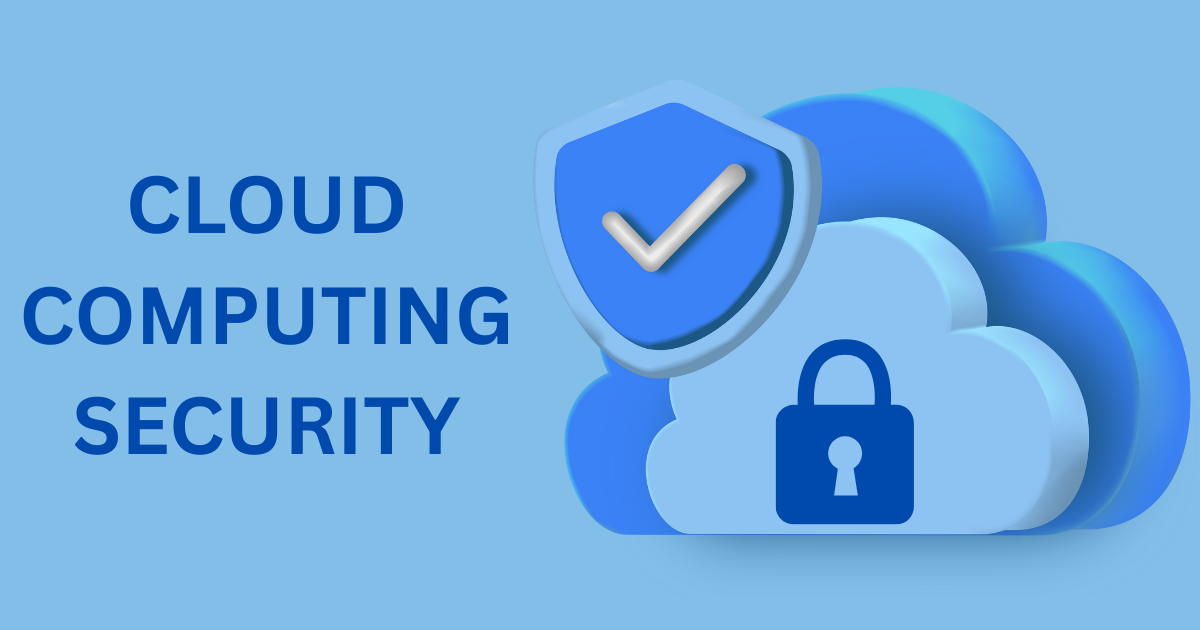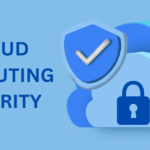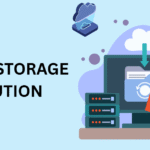Cloud computing is the unseen support of our online existence. The cloud is ubiquitous, since it can be used to share photos on Google Drive or to handle the large workloads of an enterprise computing project on AWS or Microsoft Azure. But with the expansion of the cloud comes one large question- is it safe?
The brief response: yes, but properly. Cloud computing security has gotten to be one of the most robust, sophisticated types of data protection on offer. The cloud is now far more secure than most on-premise systems with advanced encryption, round-the-clock monitoring, and AI-based threat detection.
Being a business owner who needs to protect sensitive customer information or an average citizen who uploads personal files to the Internet, it is worth learning about the advantages of cloud security in the 2025-s era and beyond.
What Is Cloud Computing Security?
We should first define the term cloud computing security before we dive into the benefits.
Cloud computing security, also known as cloud security, is the collection of technologies, policies, and controls in place to secure data, applications, and infrastructure in the cloud. It is not merely about preventing hackers; it is about confidentiality, integrity, and availability (the three-letter cybersecurity triad: CIA).
Security strategies vary depending on the deployment model (public, private, or hybrid cloud).
Public Cloud (also known as AWS, Azure, and Google Cloud): Properly operated by a third-party, and available to various clients, but logically isolated.
Private Cloud: Shared infrastructure to a single organization, with more control.
Hybrid Cloud: This refers to a combination of both, with flexibility and scalability.
The best part? Cloud companies follow high international standards such as ISO 27001, GDPR, HIPAA, and SOC 2, which are often provided to small users on an enterprise level.
1. Greater Security in Data Protection and Encryption.
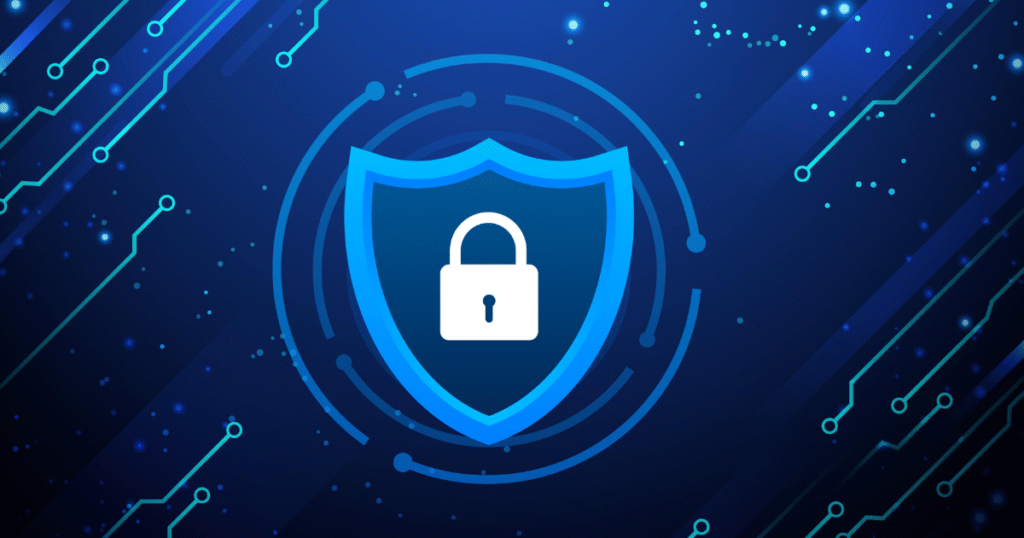
One of the most talked-about benefits of cloud computing security is encryption-a process that scrambles your data, making it unreadable without the proper key.
Clouds store data in encrypted form (at rest) and transmit it (between servers). This two-fold protection means that, even in case somebody gets hold of your information, the person cannot read it.
AES-256 encryption is the same standard applied by banks and government agencies and is used by most high-end cloud providers such as AWS and Google Cloud. They also provide key management systems (KMS) to enable businesses to manage encryption keys critical feature to comply.
Case in point: When a healthcare organization uses a HIPAA-compliant cloud-based service to store patient records, they are encrypted, audited, and can be accessed only by authorized individuals. That is, even the cloud provider cannot peep into them.
2. Powerful Identity and Access Management (IAM)
Having a locked door makes only sense when the key is in your possession. Herein lies Identity and Access Management (IAM).
Cloud platform IAM systems enable organizations to grant specific roles and permissions. Options such as Multi-Factor Authentication (MFA), Single Sign-On (SSO), and Role-Based Access Control (RBAC) allow users to see what they are supposed to see.
To the consumers, it will result in increased protection of personal data. In the case of businesses, it significantly minimizes insider risks and unintended exposure of data.
TIP: Turning on MFA on every cloud account you have (including personal storage services such as iCloud or Dropbox) provides an extra security layer–hackers would need a significant amount of time to crack into your account without those extra authentication steps.
3. Serviceable Backup, Disaster Recovery, and Business Continuity.
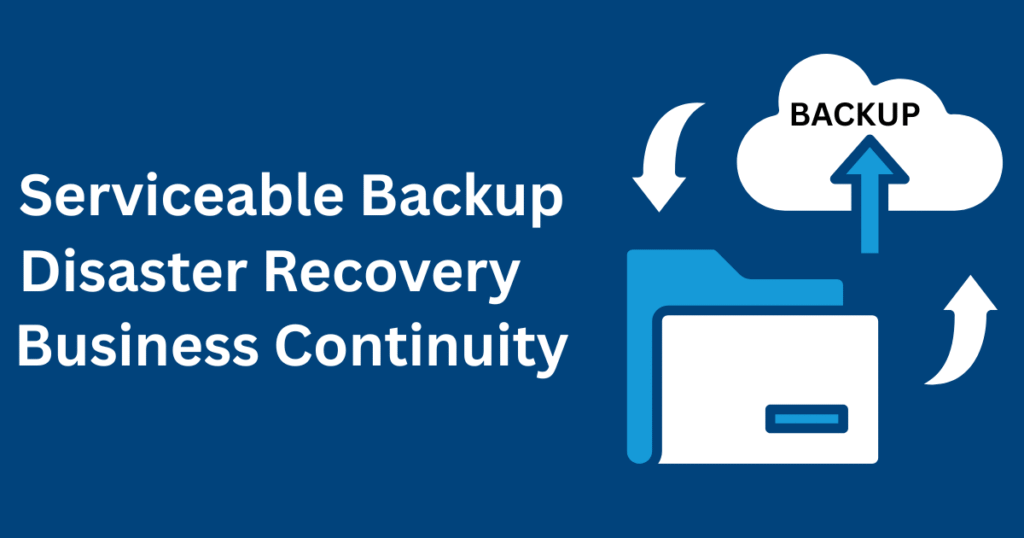
Imagine losing all your company’s data in the event of a system failure or a ransomware attack. That is the nightmare scenario disaster recovery that cloud security helps to avoid.
Cloud service providers provide Disaster Recovery as a service (DRaaS) and automatic backups that duplicate data at more than one geographic location. In the event of a failure of one data center, your information is not lost and is available at other locations.
In the case of businesses, this translates to reduced downtime and ultimate resilience.
To the individual user, it is the comfort of knowing that in the event your laptop goes haywire, your files and memories are safe in the cloud.
Example: Netflix, which operates virtually solely on AWS, deploys multi-region backups as they provide zero service disruptions- even when they have massive outages.
4. Persistent Removal, Detection of Threats, and Security Auditing
Conventional IT systems are based on infrequent audits, which are usually too late to detect new threats. Changes in cloud security make all the difference.
Cloud systems have real-time monitoring that uses AI and machine learning to identify anomalies, intrusions, or suspicious logins. These Security Information and Event Management (SIEM) systems process millions of data points every second.
This guarded attention is not only keeping businesses safe but also helping to adhere to international security measures.
Bonus benefit: Most cloud dashboards (such as Google Cloud Security Command Center) provide you with real-time notifications, so even a single user can keep track of the integrity of their data.
5. Economical and Scalable Security
Scale is one of the unnoticed benefits of cloud computing security.
Billions of dollars are spent by cloud providers on cybersecurity infrastructure, which is distributed among millions of users. It means that even minor startups or individual users can get the enterprise-level protection without emptying their purses.
Patching systems, automatic updates, and controlled firewalls help to keep your environment secure without a lot of effort.
You do not have to maintain your own data center or even have a full-time security team; your cloud provider does it all.
It is a game-changer in regard to small businesses: you can have Fortune 500-level security at a fraction of the price.
6. Legal and Compliance Benefits
Strict privacy laws such as GDPR, CCPA, and HIPAA mean that failure to comply could result in millions of fines to the business.
The good news? The major cloud providers have been designed to comply. They provide certified data centers, audit logs, and shared responsibility models that explicitly provide who should have what responsibility.
The infrastructure is secured by the cloud provider.
Access, configurations, and data are secured by the user or business.
Such a common model reduces confusion – and liability.
Example: A fintech startup based on AWS automatically inherits the SOC 2 and ISO 27001 certifications of AWS, which immediately satisfy important compliance criteria.
7. Availability of state-of-the-art security technologies.
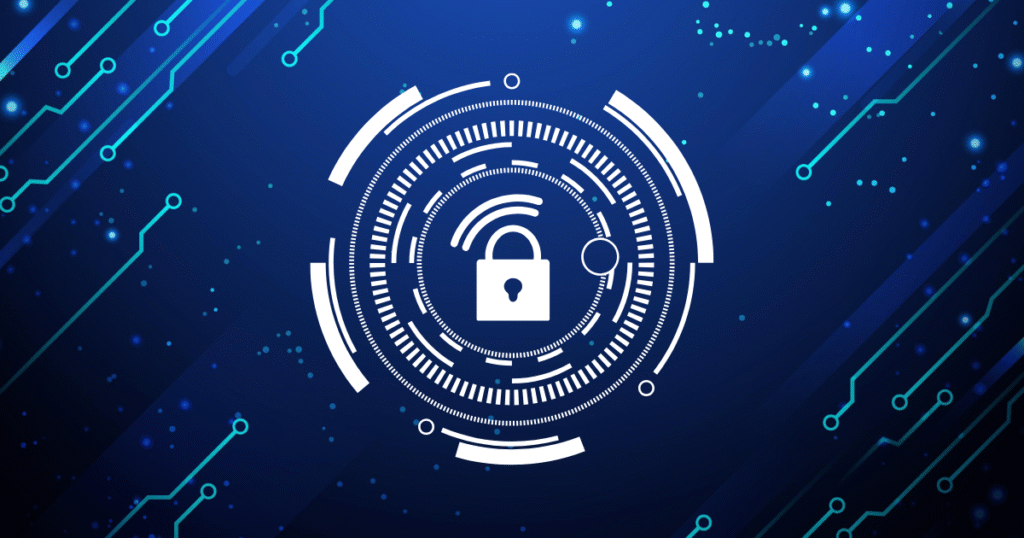
Cloud computing is not stagnant; it keeps advancing quickly than most on-premise solutions could ever do.
Today, providers also provide Zero Trust Architecture (ZTA), threat detection using AI, confidential computing, and even quantum-resistant encryption. These advances place users one step ahead of cybercriminals.
Machine learning and AI learns how users behave so that it can identify suspicious behavior-such as a login to an unknown device half a world away. These preventive strategies limit the risk of breach.
Consequently, businesses and personalities utilizing cloud services get access to the newest innovation in cybersecurity- without the need to update their own devices and applications.
Common Myths About Cloud Security
Myths will never go away despite their benefits. Let’s clear up a few:
Myth 1: The cloud is not as secure as on-premises.
Fact: The majority of breaches are caused by configurations or poor passwords- not the fault of the cloud itself. Local servers are not as secure as cloud data centers often are.
Myth 2: When data is in the cloud, you have no control.
Reality: Access and visibility are more controllable than ever before with the use of encryption and IAM tools.
Myth 3: Cloud security is prohibitively priced.
Fact: Pay-as-you-go pricing solutions reduce the cost of it compared to having conventional security systems.
Best Practices to realize the full benefits of cloud security
The best technology may still fail because users make mistakes. The following are some practical best practices:
Activate Multi-Factor Authentication (MFA) for every account.
Limit permissions with Role-Based Access Controls (RBAC).
Periodically look at security documentation and access logs.
Maintain your software and cloud resources.
Provide phishing and credential theft awareness to train employees or users.
Replication of data across sites or services.
Select transparent security certification providers (AWS, Azure, Google Cloud, etc.).
By doing these steps, you will enjoy all the protection that the cloud has to offer.
Real-World Case Studies
Case Study 1: Capital One
Following a migration to AWS, Capital One used AI-based surveillance and encryption as ways of protecting customer data. Their active implementation of cloud-native solutions enhanced compliance and response times.
Case Study 2: The Success of a Small Business.
A small design firm based on Google Workspace replaced its local servers with cloud computing. Using embedded encryption, daily backups, and IAM, they had eradicated issues with data loss and reduced IT spending by 40%.
Conclusion
The issue of cloud computing security is not merely a technical requirement, but a competitive one. With a mix of encryption, identity, unceasing monitoring, and sophisticated compliance platforms, the cloud provides enterprise-quality security to all, including startups and individual users. In a world where data is the new gold, it is the wisest move you can make to invest in the cloud. So whether you’re an IT professional designing architecture or a freelancer syncing client files, remember: the benefits of cloud computing security go far beyond storage–they empower trust, innovation, and peace of mind.
